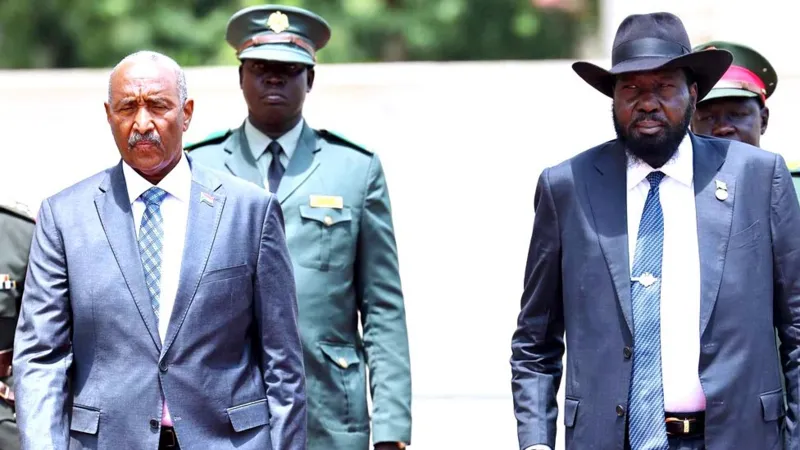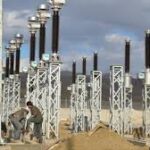Sudan and South Sudan have agreed to restart oil production during talks in Juba, South Sudan. Oil production had been halted due to the conflict in Sudan. Sudan’s 17-month civil war has crippled the oil industry on which South Sudan’s economy depends.
The main pipeline exporting oil from South Sudan to Sudan was shut down in February due to damage caused by fighting between the Sudanese army and the Rapid Response Team.
Exports are a major source of income for South Sudan, which will reduce the cost of transporting its oil.
Four months of work to repair damaged buildings will allow oil to flow again.
- Advertisement -
But there is a question mark over whether the Rapid Support Forces, which are fighting alongside the armed forces in Sudan, will allow oil exports to resume because they control many areas through which the oil will pass.
Analysts say the disaster has wreaked havoc on the environment and the shutdown has caused food shortages to spiral across Sudan, leaving millions of people facing starvation.
South Sudanese Foreign Minister Ramadan Abdullah Gok said in a meeting with his Sudanese counterpart that the two leaders discussed “pressing issues affecting both countries”, including focusing on “necessary dialogue” to strengthen the region’s borders, stability and cooperation.
South Sudanese engineers are expected to visit Sudan in the coming weeks to assess whether the plant is ready to restart, the statement said.
South Sudan’s economy has been under pressure in recent years due to communal violence and declining oil revenues following the 2013-2018 civil war. The damage from Sudan’s recent war has further impacted oil exports.
- Advertisement -
Before the closure, South Sudan was exporting about 150,000 barrels of oil per day from Sudan under an agreement signed after it gained independence from Khartoum in 2011. 400,000 barrels per day.










